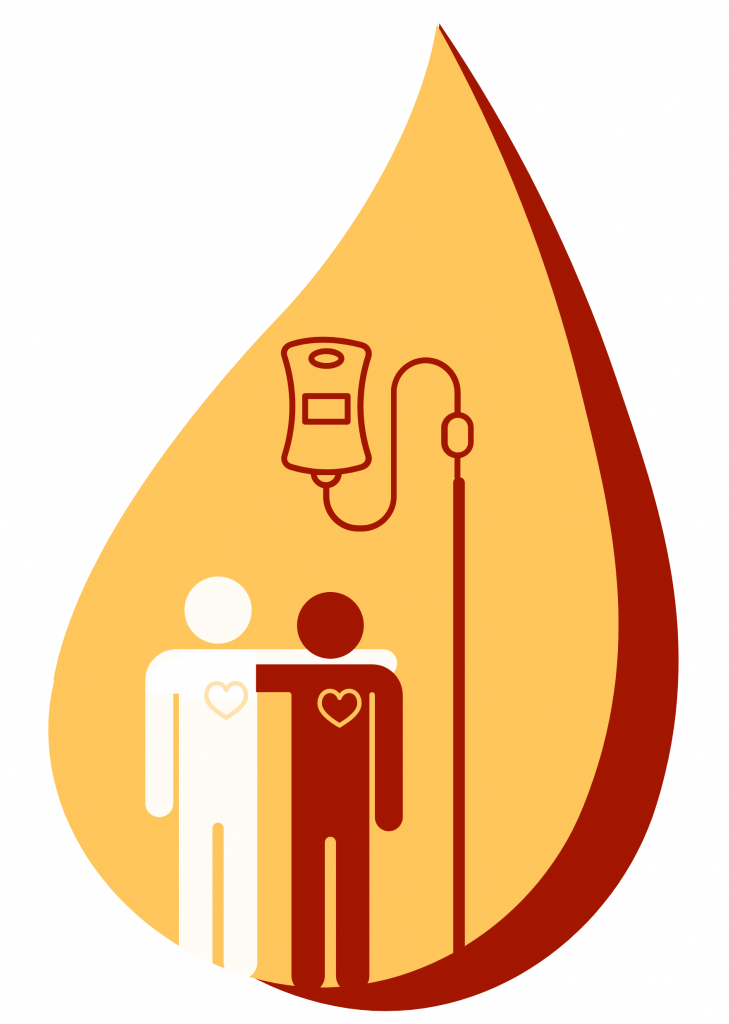Going Forward & Advocacy
Going Forward & Advocacy
Equity for All Donors
The new Sexual Behaviour Based criteria is an exciting step towards equity and inclusion for some donors.
However, there is still a long way to go, and this change still disproportionately affects gay, bi and queer men.
The Gay Men’s Sexual Health Alliance posted a great critique and commentary on the change on their Instagram page (part 1, part 2). The Toronto Star also published an article outlining some of the problems that still exist for different groups of donors.
Many groups will still be excluded from donation. Here are a few examples of the policies that need to change:
- People who use PrEP or PEP can not currently donate blood or plasma. More research is needed (and should be prioritized) to understand whether U=U for transfusions.
- Screening rules and a donation system that is fully gender neutral.
- Eligibility criteria that asks about sexual health-promoting behaviours
Questions that disproportionately affect equity-deserving groups should be removed and/or changed. This includes:
- The hemoglobin criteria, which disproportionately affects Black, Indigenous and people of colour.
- People who have had malaria and people who travel often to countries where malaria is endemic cannot donate blood or platelets. This disproportionately affects Black and other racialized groups with recent heritage from most of the global south. Most people who have lived in countries where malaria is common will have had it at some point. People with recent heritage may travel to home countries regularly, which will make them ineligible for blood donation for three months after travel. That said, people who have had malaria can donate plasma 6 months after full recovery. Canadian Blood Services is currently evaluating a new test for malaria in blood, so hopefully we will see changes soon.
- People who have engaged in sex work are not allowed to donate. This disproportionately affects sexual and gender diverse people, and equity-deserving groups. It also makes a lot of assumptions about sex work/sex workers that is discriminatory.
- People who have engaged in intravenous drug use (IVDU) even once since 1977 are unable to donate. This criteria can stigmatize IVDU and can make assumptions that are discriminatory to people who have ever used drugs with a needle. Criteria for IVDU should reflect the window period for infection.
Why haven’t these policies been addressed already? Why is change taking so long?
Many of the people who are affected by these policies are from equity-deserving groups that society has made moral judgements on. This needs to change. Being excluded from donation is a form of social exclusion, and a health equity issue. For example, some conditions are more common in certain ethnocultural groups, like sickle cell and thalassemia. Because of the lack of diversity in donors, it is more difficult to find blood matches for people with these conditions and need rare blood type matches.
Ways to Advocate for Change
Some of the people we spoke to in our interviews wouldn’t donate plasma (or engage with Canadian Blood Services), until fair policies were put into place. Others felt that this was not a good way to protest unfair policies because it hurts people who need donations rather than the institutions that uphold homophobic policies. They supported other ways to protest the eligibility policies such as:
- Petitions
- Awareness raising
- Participating in research
- Writing letters to members of parliament
- Writing directly to Canadian Blood Services
- Getting involved in campaigns fighting for fair policies
